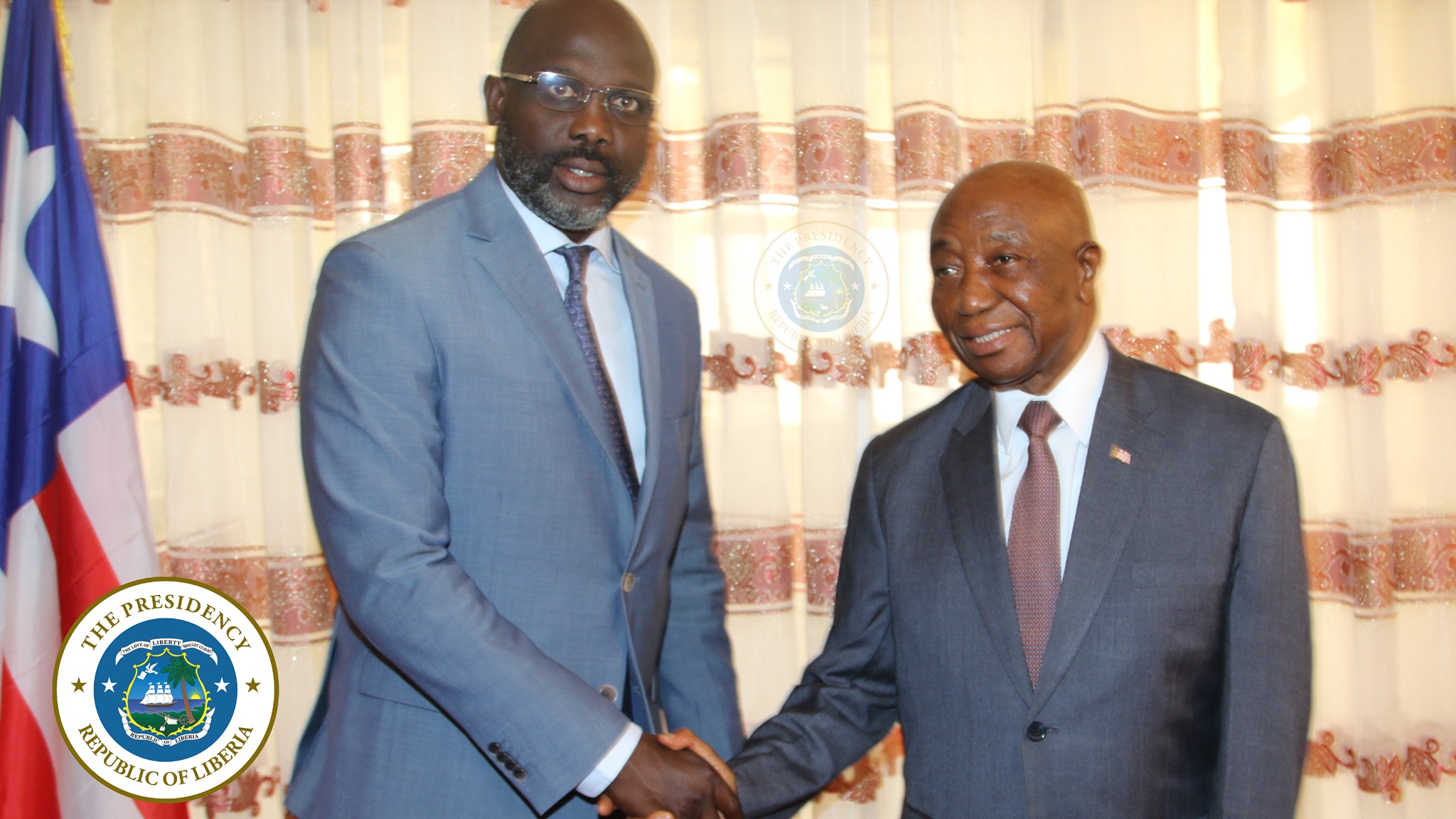Liberia’s Presidential Run-Off: A Crucial Step Towards Democracy and Stability
In the heart of West Africa, the nation of Liberia stands at a critical juncture in its journey toward democratic governance and political stability. The presidential run-off election, scheduled to take place in the coming weeks, is poised to be a pivotal moment in the nation’s history. Liberia’s struggle for democracy, recovery from civil conflict, and pursuit of economic growth have been well-documented. The run-off election represents an opportunity for the Liberian people to consolidate these gains and move towards a more prosperous and democratic future.
Historical Context:
Liberia’s history is marked by a complex interplay of factors, including its founding by freed African-Americans in the early 19th century, followed by a tumultuous 14-year civil war that ended in 2003. This devastating conflict left deep scars, and the nation has since been working to rebuild itself. After years of political instability and economic challenges, the nation has made significant progress towards peace, democracy, and development. The presidential run-off is a significant step in this direction.
The First Round:
The first round of the presidential election took place amidst the backdrop of the COVID-19 pandemic and economic challenges. President George Weah, a former football superstar, led a field of candidates seeking to continue his leadership. His main challenger, Joseph Boakai, represented the Unity Party and served as Vice President under former President Ellen Johnson Sirleaf. The first round was marked by spirited campaigning, and while no candidate secured an outright majority, it set the stage for a run-off between the two frontrunners.
Democratic Progress:
Liberia’s transition to democracy is a work in progress. Since the end of the civil war, the nation has seen successive peaceful transitions of power, signaling a growing democratic maturity. The presidential run-off, if conducted fairly and transparently, will be another important milestone in this journey.
Key Issues:
The run-off election comes at a critical time for Liberia. Key issues on the agenda include economic stability, infrastructure development, healthcare, education, and addressing corruption. The outcome of the election will shape Liberia’s approach to these challenges in the coming years.
International Support:
The international community is closely monitoring the electoral process in Liberia. International observers will be present to ensure transparency and fairness in the run-off. The outcome of the election will have implications not only for Liberia but also for regional stability and development.
Conclusion:
The presidential run-off in Liberia is a vital moment in the nation’s ongoing quest for democracy, stability, and prosperity. It represents the will of the Liberian people to choose their leaders and determine the path forward. The outcome of the election will have a significant impact on the nation’s future, and it is incumbent on all stakeholders, both domestic and international, to support a peaceful, transparent, and fair process. Liberia’s journey is far from over, but the presidential run-off is a critical step towards a brighter and more democratic future for this resilient nation.




















